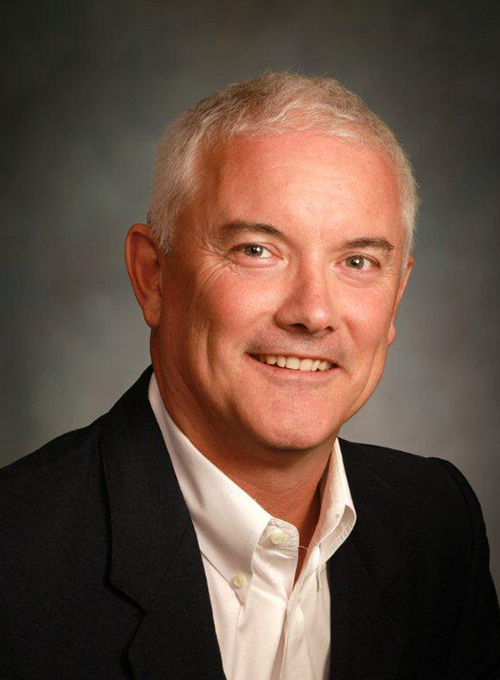Helping employees set themselves up for a healthy retirement
Imagine you’re a recent university graduate and you’ve landed your first full-time job. On Day One you walk into the office full of nervous anticipation, ready to make a great impression. A human resources representative leads you through an orientation session crammed full of new information that you are expected to retain. At the end of the session, the rep hands you a stack of paperwork to fill out. There’s the standard record-keeping documentation, a medical insurance file or two, then an entire section on retirement planning.
You, a 23-year-old at the start of your career, are being asked at that moment to select how much money you would like to retire on in approximately four decades. But it’s a game of chance. There is a list of questions that requires a level of financial knowledge, along with around 50 potential investments that you are asked to choose from in order to park your contributions. Long, complicated names written in jargon that nobody understands. The wrong choice could mean not having enough to live off. What could possibly go wrong?
Chuck Grace and Adam Metzler, who help run the NSERC-funded Financial Wellness Lab at Western University’s Ivey School of Business, have studied data from thousands of Canadians on everything from risk tolerance and savings patterns to spending habits. The Lab’s goal is to improve financial resilience for Canadians through data-driven research.
The Financial Wellness team developed an AI-based wellness tool for Retired Registered Savings Plans (RRSPs) that can help recalibrate the HR retirement savings plan process for Canadians. The tool, which forms part of a broader package of services that large benefits companies can offer to employers, streamlines the onboarding process to help employees make optimized, rapid and informed decisions about their financial future. The Lab joined forces with Aligned Capital Partners (ACP) and Fields Multiplier to build the prototype and take the finished product to market. ACP is now in the process of integrating the application into their back office and will launch later this year.
How it works
While the experience is calibrated to be as easy as possible for users, there are two types of sophisticated, mathematics-rich research that have gone into it. The first is a risk tolerance questionnaire that can take financial advisors up to 45 minutes to complete in person, but can now be done in a matter of seconds.
The second research tier is an actuarial exercise assessing today's market conditions in terms of interest rates, inflation, and market volatility. It uses a combination of natural language processing classifiers, random forest classifiers, linear discriminant analysis and naïve Bayes to answer how fast a portfolio would grow over time depending on risk appetite. Based on employee answers to the questionnaire, the tool can project what retirement might look like, all other things being equal. It can accurately determine how much money you need to save, then set up your savings plan and investments accordingly.
Predicting a rich future
With the tool already launched and generating revenue in a record turnaround of eight months, Grace and Metzler are now exploring additional ways to help Canadians become financially resilient. With Canadians feeling the crunch of financial uncertainty and the weight of inflation, a better, more robust client experience that helps employees make smarter long-term financial decisions could not arrive at a better time.
